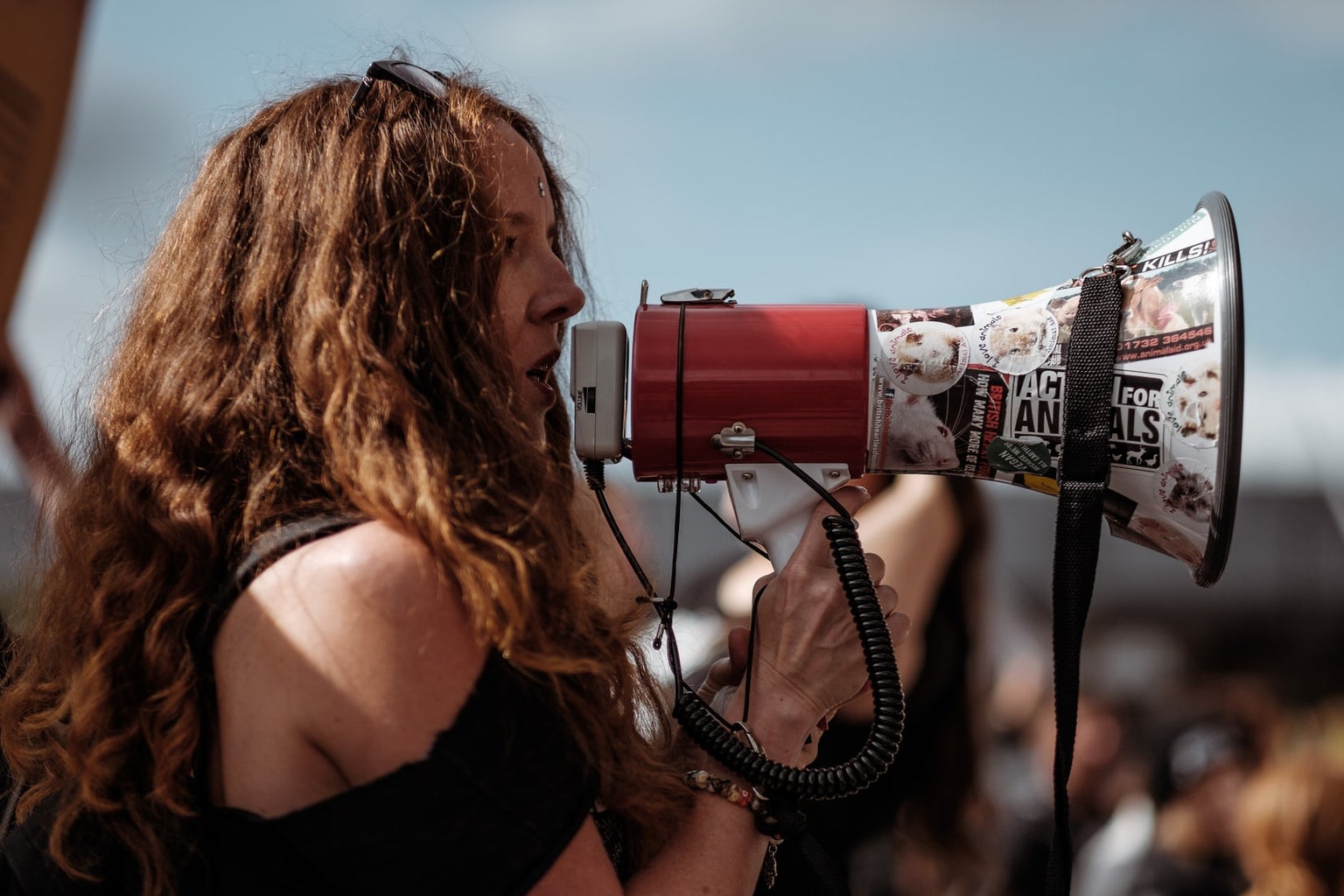For decades, summer has always been a big deal when it comes to movies. In the midst of the sweltering heat and school breaks, multiple anticipated films get released into theaters across the world, providing peak entertainment and pulling in millions of dollars at the box office each year. Even the term “summer blockbuster” has been coined in most people’s vocabulary, highlighting the importance of the season for the film industry.
However, this summer has been exceptionally active for Hollywood, in good ways and bad. They’re not strangers to the great successes that movies can pull in, or to the reasonably upset picket lines that their employees put up, but to have both at their extremes is an entirely new phenomenon. History has been made on both sides, affecting pop culture and the finances that are attached to it. From Barbieheimer to bust, here is the rocky rollercoaster that the industry has been riding on.
To start off with the brighter side, the movie that kicked off the summer screens was the live-action remake of The Little Mermaid which was successful despite past controversies. We saw animated movies grab some glory, like the long-awaited Spider-Man: Across the Spiderverse from Sony and Elemental from Pixar (which was a failure at first due to poor marketing but made a comeback after viewers promoted it properly). And of course, no one could forget Barbie and Oppenheimer, two highly regarded movies by two legendary directors (Greta Gerwig and Christopher Nolan) released on July 21st, making audiences watch both in one day (even I participated in the fan-made double feature event). Considering what summer has provided for us, it’s safe to say that cultural barriers and box office records were broken.
While the gains have been plentiful, so have the costs. In early May, the Writer’s Guild of America (WGA0 officially went on strike after its failed contract negotiations, forcing studios to halt production for many movies and TV shows. SAG-AFTRA, the American actor’s union, followed suit with their own strike two months later, solidifying the indefinite pause in the industry and its root issues. The reasons for both strikes involve poor pay, little to no benefits, and the threat of artificial intelligence taking their jobs. Some executives have had horrible responses to these issues, with Disney CEO Bob Iger saying, “There’s a level of expectation that they have that is just not realistic,” and others are supposedly trying to “wait out” the strike until actors and writers lose their homes, forcing them to crawl back to the negotiating table and potentially get dealt worse contracts.
While this summer proved to be epic for the film industry, it may be the last time we see a successful season for a while. As we enter autumn with the picket lines still running, good-quality content isn’t coming anytime soon. It may seem disappointing, but there’s a genuine reason behind it. With a vast amount of actors and writers not being paid or treated fairly within the field, it’s unfair of us to expect a constant flow of hits. Rather than focus on the next big movie, we should reminisce on the great films that we saw this year and put our efforts towards supporting the strikes. When proper agreements and compromises are made, the long-awaited content that we get will be worth it, especially since it will be made under fair and favorable conditions for all.




